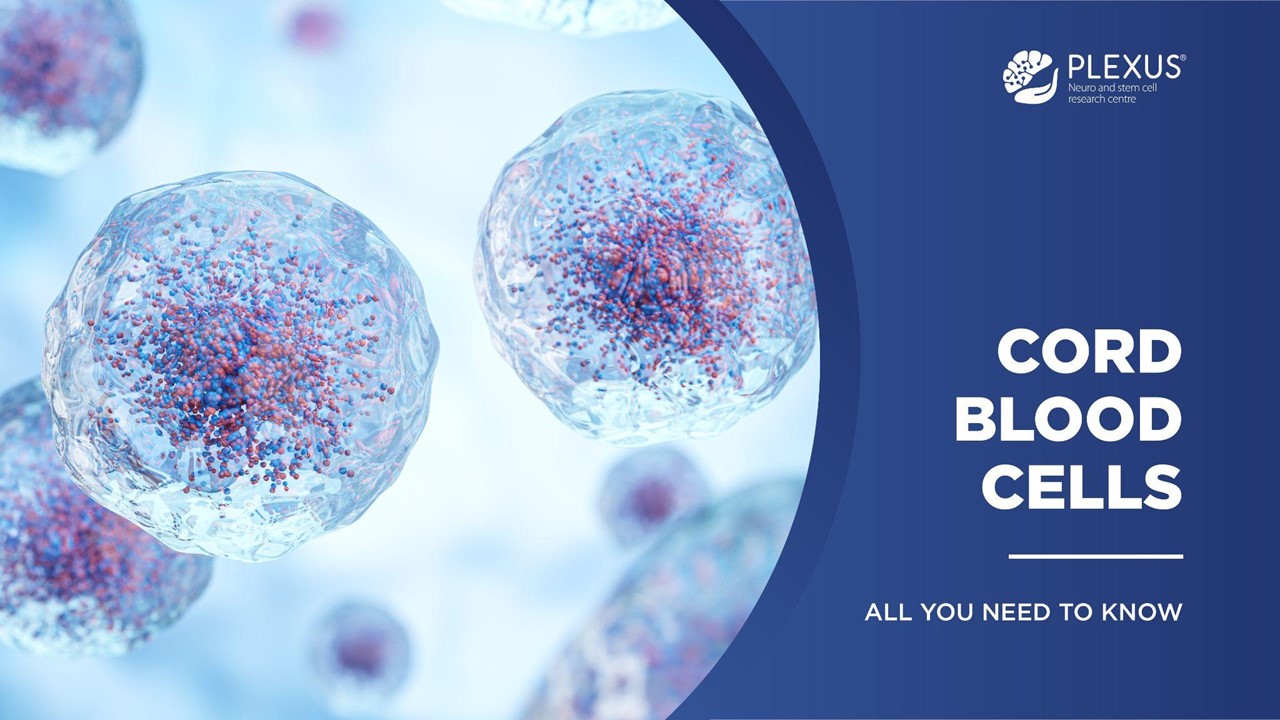What is Cord Blood Cells? - PowerPoint PPT Presentation
Title:
What is Cord Blood Cells?
Description:
Cord blood is the blood that remains in the umbilical cord and placenta after a baby is born. It can be collected right after birth through a simple process that does not harm mother or baby. – PowerPoint PPT presentation
Number of Views:0
Title: What is Cord Blood Cells?
1
(No Transcript)
2
- What is cord blood?
- Cord blood is the blood that remains in the
umbilical cord and placenta after a baby is born. - It can be collected right after birth through a
simple process that does not harm mother or baby.
3
- Advantages of cord blood
- Cord blood contains haematopoietic blood stem
cells (HSCs). - HSCs maintain the production of blood for as long
as we live. - They can differentiate into cells found in the
immune system, and any type of blood cell - white
blood cells, red blood cells, and platelets. - HSCs from cord blood reduce the risk of immune
rejections, such as graft-versus-host disease.
4
- Application of cord blood cells
- Cord blood cells have helped in the management of
several life-threatening and lifestyle diseases,
such as - Leukaemia (blood cancer)
- Thalassaemia
- Sickle cell anemia
- Type 1 Diabetes
- Bone marrow failure
- Neuroblastoma
- Cerebral palsy
- Immune disorders
- Metabolic disorders
- Genetic disorders
5
- How are cord blood cells collected?
- When the umbilical cord is cut or clamped at the
time of birth, an obstetrician-gynaecologist
(Ob-Gyn) or qualified hospital staff will draw
blood from the cord with a needle that has a
sterile bag attached to its end. - It is just a 10 minute procedure.
6
- Optimal conditions for cord clamping
- Non-traumatic birth
- Mother does not have HIV-Aids, HBV hemophilia,
cancer, or any other life-threatening/immune
disorders - Mother does not have Hep B or Hep C, nor has she
had contact with anybody with Hep B or Hep C in
the preceding 12 months - Mother has not had any tattoos or body piercings
done in the preceding 12 months - Mother has not contracted any STDs in the
preceding 12 months - Mother does not have any contagious viral
infection at the time of cord blood collection - Mother has not traveled to certain high risk
countries in the last 5 years - Neither parent has a family history of blood
cancer, immune deficiency, or any other genetic
condition that can be passed on to the newborn - Newborns sibling(s) does not have blood cancer,
immune deficiency or any other genetic condition
7
- Delayed cord clamping
- It is important to discuss your birth plan with
your Ob-Gyn and understand the merits of delayed
cord clamping (DCC) and cord blood banking. - DCC involves a waiting period from anywhere
between 1 and 3 minutes or until the umbilical
cord stops pulsating. - While cord blood banking has umpteen benefits,
DCC offers the following benefits - Reduces the need for blood transfusion
- Lowers chances of necrotizing enterocolitis
- Lowers risk of intraventricular hemorrhage
- Improves cardiovascular circulation
- Fosters better brain development
- Improves iron levels (reduced risk of anemia)
- Improves immune function
8
- Cord blood banking in India
- The Central Drug Standards Controlling
Organization (CDSCO) provides licenses and
monitors Umbilical Cord Blood banks (UCB).
9
- Donate your babys cord blood cells
- Did you know, research indicates that it is
highly unlikely that your little one may never
need their cord blood? ) - Why then, do we still recommend cord blood
banking? - Because your childs cord blood has the potential
to save many lives. - In 1988, the worlds first successful cord blood
stem cell transplant recipient was a little boy
with a genetic and potentially life-threatening
type of anemia. The childs life was saved with
donor cord blood cells!
10
- If youd like to know more about cord blood cell
banking and transplantation, do reach out to us
on the following numbers - WhatsApp 91 89048 42087
- Call 91 78159 64668 (Hyderabad) 91 82299
99888 (Bangalore)

